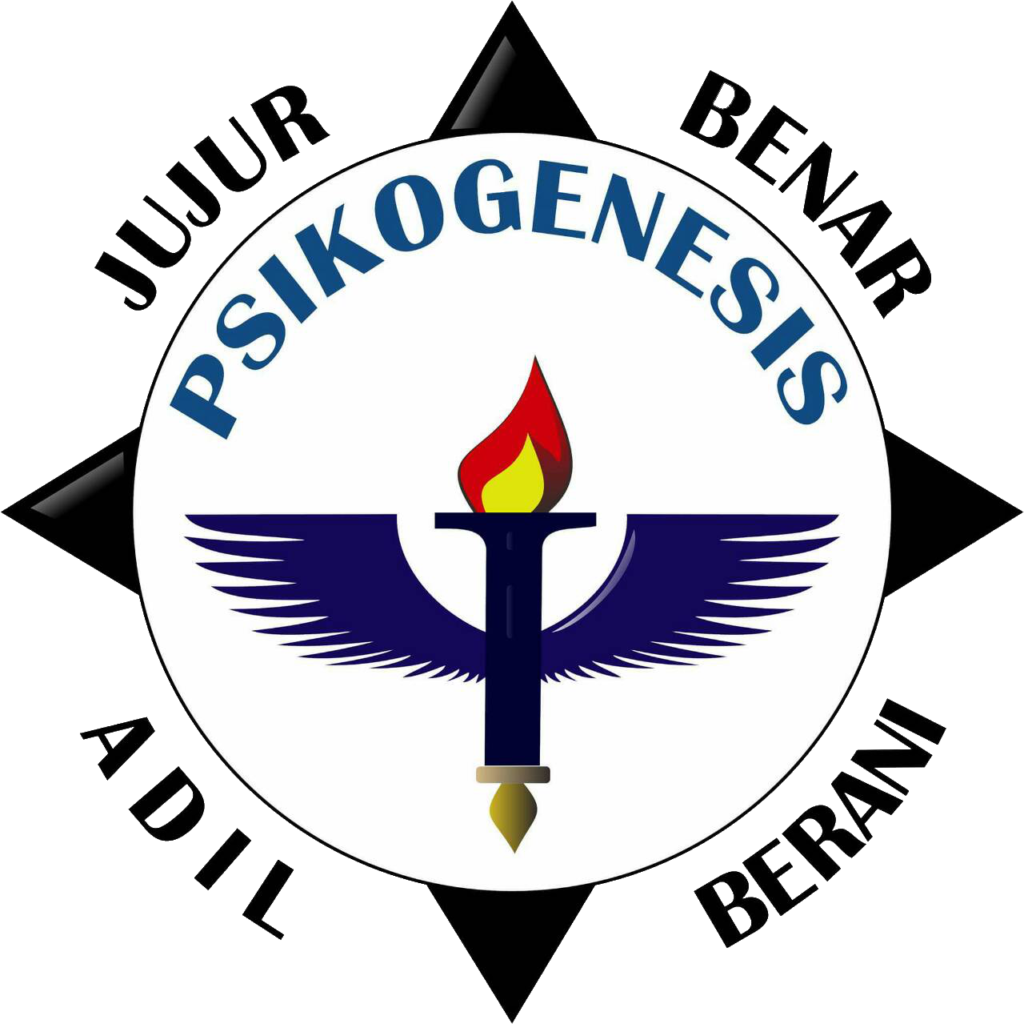Accutane, a well-known treatment for severe acne, has been a topic of discussion among dermatologists and researchers for decades. At the recent skincare conference, Dr. Emily Green addressed the challenges faced by patients with persistent acne and highlighted the role of alternative medications similar to Accutane in managing this condition. As the conversation evolves, it is crucial to explore both the benefits and potential risks associated with Accutane, as well as other available treatment options.
What is Accutane?
Accutane, generically known as isotretinoin, is a powerful retinoid derived from vitamin A. It is primarily used for treating severe nodular acne that has not responded to other treatments. The medication works by reducing sebum production, preventing clogged pores, and promoting skin cell turnover.
Benefits of Accutane
- Significantly reduces acne lesions
- Long-lasting results after completion of treatment
- Improves skin texture and reduces scarring
Potential Risks and Side Effects
While Accutane is effective, it is not without its risks. Some of the common side effects include:
- Dry skin and lips
- Increased sensitivity to sunlight
- Potential mood changes
- Risk of birth defects if taken during pregnancy
Alternatives to Accutane
Given the potential side effects associated with Accutane, many patients and healthcare providers are exploring medications that offer similar benefits with potentially fewer risks. Some notable alternatives include:
| Medication | Mechanism of Action | Side Effects |
|---|---|---|
| Spironolactone | Hormonal regulation | Fatigue, dizziness |
| Minocycline | Antibiotic | Nausea, dizziness |
| Adapalene | Topical retinoid | Skin irritation, dryness |
The Future of Acne Treatment
As research continues, dermatologists anticipate new findings that may shape the landscape of acne treatment. A significant conference is scheduled for next year, promising to unveil new studies and insights into both Accutane and alternative treatments. This event will provide an excellent opportunity for medical professionals to share their experiences and strategies for managing severe acne.
FAQ
What is the primary use of Accutane?
Accutane is primarily used for treating severe nodular acne that does not respond to other treatments.
Are there any serious side effects associated with Accutane?
Yes, serious side effects can include mood changes, risks during pregnancy, and severe skin reactions.
What are some alternatives to Accutane?
Alternatives include medications such as spironolactone, minocycline, and topical retinoids like adapalene.
When is the next conference on acne treatment expected?
A significant conference focusing on acne treatment will be held next year, highlighting new research and treatment options.
Summary
Accutane remains a cornerstone in the treatment of severe acne, but understanding its risks and exploring alternatives is essential for effective patient care. As the medical community continues to investigate new treatments, upcoming conferences will play a vital role in disseminating valuable information to enhance treatment strategies.


